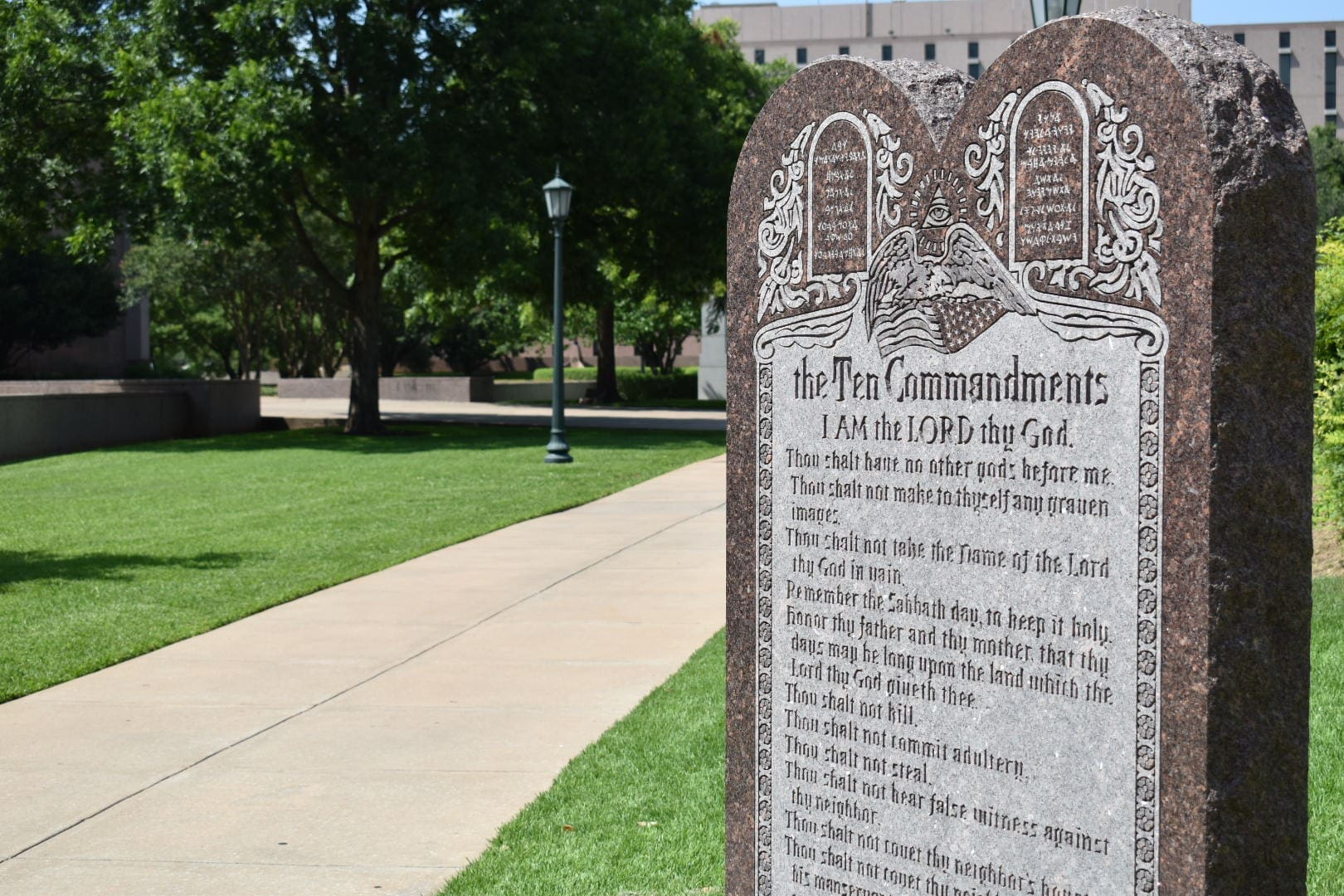As states like Florida move to ban controversial diversity, equity, and inclusion programs from their state universities, Republicans in the Texas House have moved forward a proposal to allow the practice to continue in the shadows.
As filed, Senate Bill 17 by State Sen. Brandon Creighton would prohibit public universities from establishing a DEI office, using DEI criteria in their hiring practices, or requiring employees or prospective employees to provide a DEI statement or attend a DEI training.
But after hours of debate on Friday evening, the bill’s sponsor—State Rep. John Kuempel (R–Seguin)—introduced an amendment to water down the bill.
The amendment delays the start of the ban to next year, requires schools to conduct annual studies of DEI on their campuses, and most notably requires colleges to keep DEI administrators employed and find other positions for them within the school.
Scott Yenor, the senior director of state coalitions at the Claremont Institute’s Center for the American Way of Life, says this will allow DEI to live on in other departments.
“Most DEI administrators are not qualified to do anything but grievance activism, so they will just keep doing it with a more mundane-sounding title,” said Yenor.
That amendment was adopted Friday night with no discussion or opposition.
When the legislation was brought up for final approval on Monday, however, State Rep. Tony Tinderholt (R–Arlington)—who was absent for illness during the Friday night debate—brought an amendment to undo the watered-down amendment from the previous vote.
Tinderholt said he was disgusted to see members being led to believe they were passing a meaningful DEI ban when, in fact, it is much weaker than the version passed by the Senate. Tinderholt added that he wanted to give members a chance to fix their mistake.
Despite his appeal, however, only 31 members (a minority of the chamber’s 85 Republicans) voted to strengthen the legislation, with 109 members voting against—well short of the two-thirds necessary to amend the bill on final reading.

Another amendment by Tinderholt would have altered the requirement for universities to find employment for DEI department officials by requiring them to find employment in other states.
That amendment received even less support, going down on a vote of 22-121.

After the unsuccessful attempts to strengthen the legislation, the bill was approved by a vote of 83-62.
The legislation now goes back to the Senate, which can accept the House’s weakening amendments or appoint a conference committee to negotiate the differences between the two versions.
No ads. No paywalls. No government grants. No corporate masters.
Just real news for real Texans.
Support Texas Scorecard to keep it that way!





